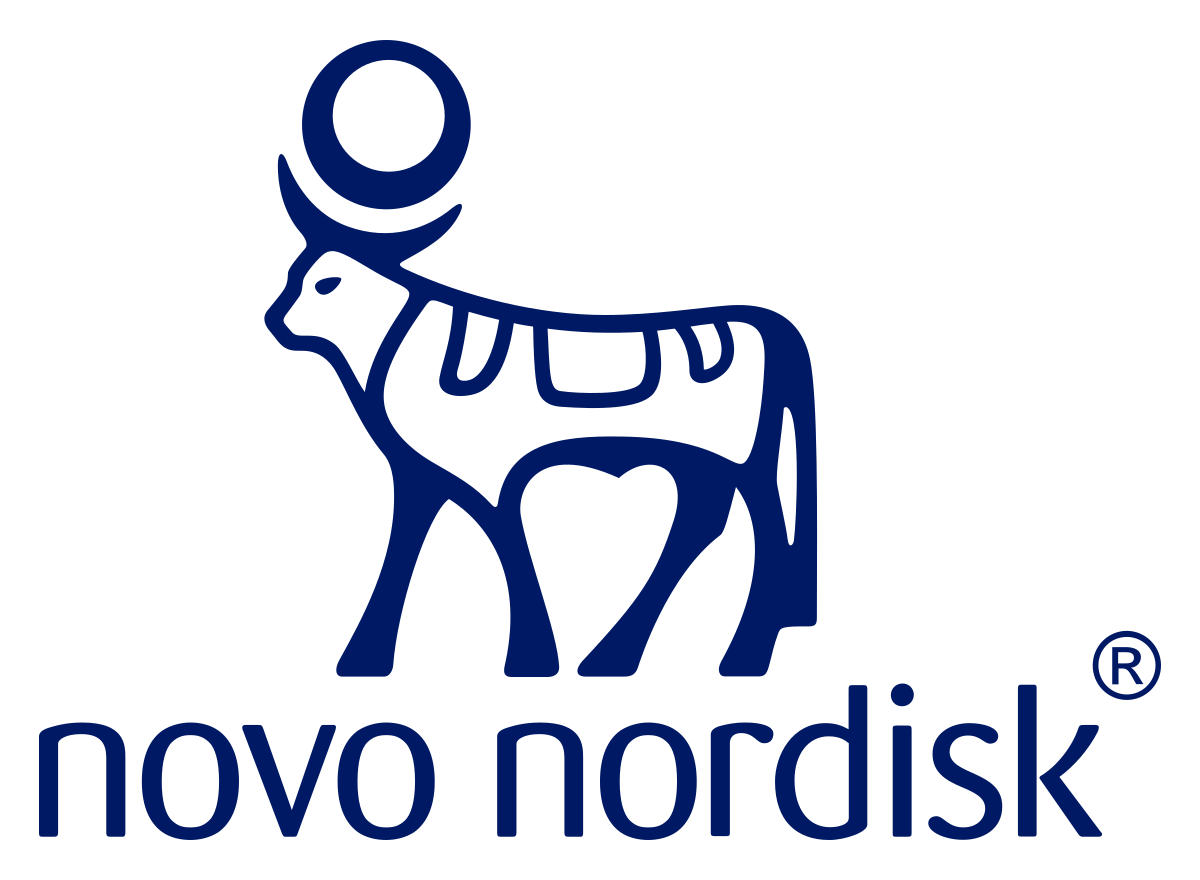The level of brain-derived neurotrophic factor (BDNF), a member of the neurotrophin family, is down regulated in Alzheimer's disease (AD), Parkinson's disease (PD), depression, stress, and anxiety; conversely the level of this neurotrophin is increased in autism spectrum disorders. Thus, modulating the level of BDNF can be a potential therapeutic approach for nervous system pathologies. In the present study, we designed five different tetra peptides (peptides B-1 to B-5) corresponding to different active regions of BDNF. These tetra peptides were found to be non-toxic, and they induced the expression of neuronal markers in mouse embryonic day 18 (E18) primary hippocampal neuronal cultures. Additionally, peptide B-5 induced the expression of BDNF and its receptor, TrkB, suggesting a positive feedback mechanism. The BDNF peptides induced only a moderate activation (phosphorylation at Tyr 706) of the TrkB receptor, which could be blocked by the Trk's inhibitor, K252a. Peptide B-3, when combined with BDNF, potentiated the survival effect of this neurotrophin on H(2)O(2)-treated E18 hippocampal cells. Peptides B-3 and B-5 were found to work as partial agonists and as partial antagonists competing with BDNF to activate the TrkB receptor in a dose-dependent manner. Taken together, these results suggest that the described BDNF tetra peptides are neurotrophic, can modulate BDNF signaling in a partial agonist/antagonist way, and offer a novel therapeutic approach to neural pathologies where BDNF levels are dysregulated.






